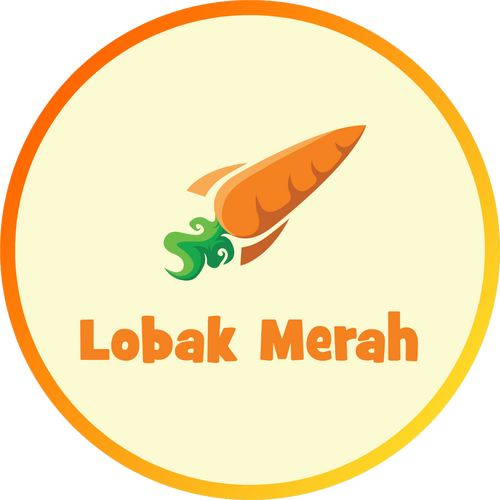An ode to Khaled, the soul of Gaza
1 day ago
“I kissed her, but she wouldn’t wake up.”
Reem, only three years old, was the apple of Khaled Nabhan’s eye. More than a loving granddaughter, Reem was his loyal companion. She would mimic him as he made his daily prayers, climb atop his lap when he drank his morning coffee, and peer at him from the window of their Deir al-Balah home when he left for his afternoon walk.
The siege traumatised young Reem, but her grandfather would hold her during intense periods of bombing. The crash of airstrikes and panorama of death encircled her young body, until it claimed it on Nov 28, 2023.
Khaled was not home as she slept in her final resting place. Israeli airstrikes on the neighbouring Al-Nuseirat Refugee Camp struck their home, taking young Reem’s life.
Khaled returned home to her limp body, lifting her up in front of cameras as he kissed her little forehead. “She was the soul of my soul,” the grandfather cried, holding Reem with the very hand that welcomed her into the world. A cruel world, for children in Gaza, slain too soon by no fault of their own.
“The soul of my soul.” The world absorbed the weight of those five words, and memorialised them with digital posts and reels, memorials and viral messages.
Khaled was shattered but calm, engulfed by the sorrow of a grandfather who just lost his granddaughter. He did not promise vengeance, shout battle cries, or show anger as cameras locked in on him.
Global audiences saw a mourning elderly Palestinian man, dressed in the traditional Islamic thobe, donning a beard, and keffiyeh around his head as a victim. Yes, a victim of aggression that claimed the life of his granddaughter. Not a terrorist, which the world long associated his clothes, customs, and complexion with.
“I kissed her, but she wouldn’t wake up.” Khaled uttered into the cameras, which prompted a video went viral. Those unscripted words would become a rallying cry. “She was the soul of my soul,” he repeated staring into Reem’s face a final time before handing her off to a stranger tasked with finding her final burial spot.
Memories of Reem were buried six feet deep. Deep, under the rubble of their shattered home. Deeper into that week, Khaled found one of her dolls in the rubble.
While speaking to CNN, he held it in his arms like he once did Reem. Then, he lifted the doll’s face to meet his own and kissed it on the forehead. “I used to kiss her on her cheeks, on her nose and she would giggle,” Khaled said, gripping the lifeless doll remembering the soul he lost.
He would become a new kind of Palestinian archetype, a different sort of symbol for men reduced to terrorists.
Sensitive and vulnerable, pious and resolute, soft and loving. The world marveled at Khaled’s dignified persona, and his surrender to Islam as a source of solace. It was the very faith of the legions of Gazan men and women who lined up around destroyed mosques for Friday prayers and holidays during the siege. Portraits of Islam that old media outlets gleaned past and ignored.
This was the Islam that Khaled embodied for the world to see, and after that viral video of him kissing the Reem, for the world to love. Khaled was no extremist or zealot: he was just a grieving grandfather.
A man who lost his soul to a siege. A soul that the world discovered a sublime version of Muslim masculinity in. A sole shadow existing between the subaltern and sublime shadows of Gaza, who rose from it to mourn his beloved Reem.
“Know that death is an expression used for the journey from this world to the Divine Presence, for to Allah is the ultimate return.” — Imam Al Ghazali
Death came again on Dec 16, 2024, more than 13 months after the murder of Reem. This time, an Israeli attack claimed Khaled’s life. Pictures of his limp bodies and smiling face were instantly allocated across the Internet, prompting global mourning and moving tributes.
During these dark 14 months of genocide, we have come to know many people in Gaza.
We have also come to love many people in Gaza. People like Khalid Nabhan, the loving grandfather whose face and words were ingrained in all of us. In many ways, they have become part of us.
Palestinians like Khalid were no longer strangers. They touched our hearts with their love for their land, their perseverance, but above all, their humanity. They became proximate, dimensional, and real to us during the bleak arc of this genocide. They felt like friends, even distant family members.
This is why their pain is palpable. This is why their death hits so hard.
Khaled changed how the world saw the genocide in Gaza, and transformed how much of it saw Palestinian and Muslim masculinity. His walk through horror adorned his people with nobility and grace, and breathed hope into billions who witnessed annihilation through their mobile phones.
These words are is no elegy. But an ode to renewed life and the soulful revolutions one Palestinian grandfather staged within us all. I am proud to share his name.
Khaled A Beydoun is a law professor and author. He publishes his daily insights on his socials @khaledbeydoun and on Substack.
...Read the fullstory
It's better on the More. News app
✅ It’s fast
✅ It’s easy to use
✅ It’s free









